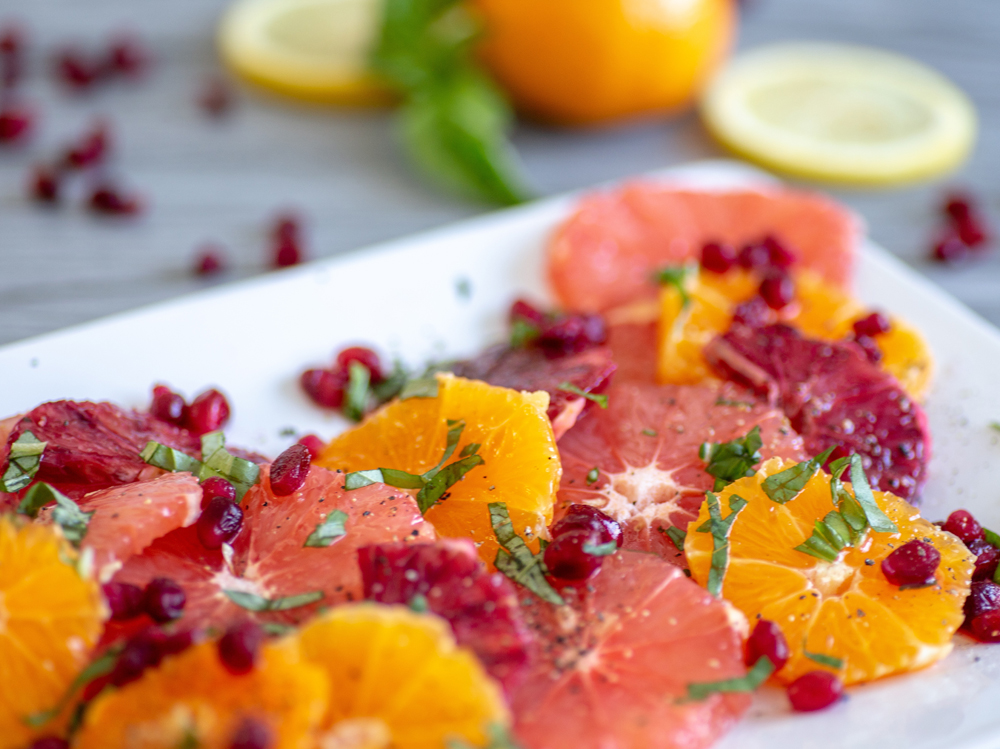

Having cold hands and feet in the colder months is a common issue. But warming up with a cup of tea or hot coffee may not be the best idea because excessive intake of theine and caffeine could worsen the problem. So, what should you eat to feel less cold?
How to Sleep Well When It’s (Too) Cold
Instead, it’s better to help yourself at the table by including foods in different meals of the day that promote good regulation of body temperature, including spices like turmeric and ginger and all those that help generate heat.
Here’s What to Eat to Feel Less Cold.

Oranges
In season until March, oranges are an excellent ally against the cold. They provide ascorbic acid and many other antioxidants, including anthocyanins, which are a powerful weapon to counter the stress caused by intense cold.
Legumes and Cereals
Combined in the same meal, legumes and cereals allow you to recharge with complex carbohydrates and essential amino acids, the building blocks of proteins, useful for metabolism. They also provide B-complex vitamins, including vitamin B1 and vitamin B2, both valuable for energy production. They work well together in soups and stews.
Almonds
The essential polyunsaturated fatty acids they contain, along with vitamin E and minerals like copper and zinc, help the body defend itself against cold temperatures. Added to yogurt for breakfast or consumed as a snack, they are an excellent ally at the table.
Leafy Vegetables
When it’s cold, hunger also increases. Seasonal leafy vegetables such as winter salads, spinach, cabbage, radicchio, and chard are excellent allies to defend against cold temperatures. They are rich in fiber, ensuring an excellent satiating effect, and provide vitamins, antioxidants, and minerals that contribute to the proper functioning of the immune system and the body in general.
Photo Credits: Unsplash













